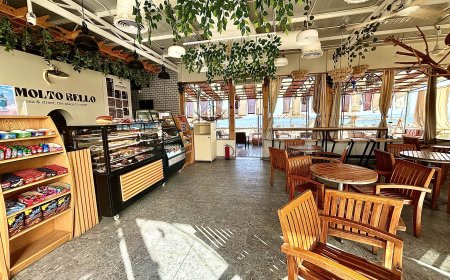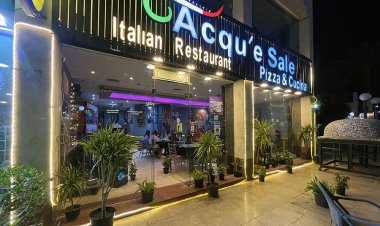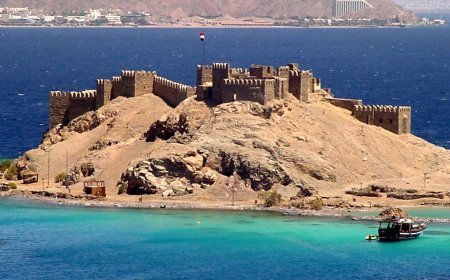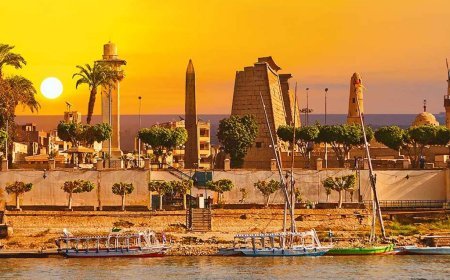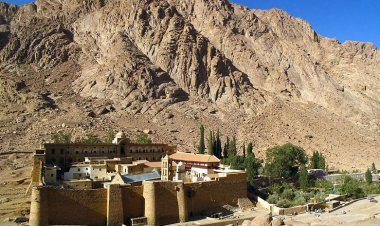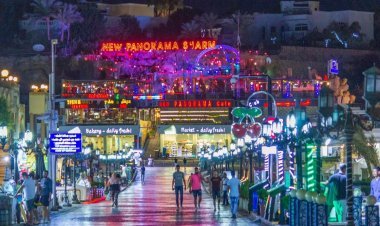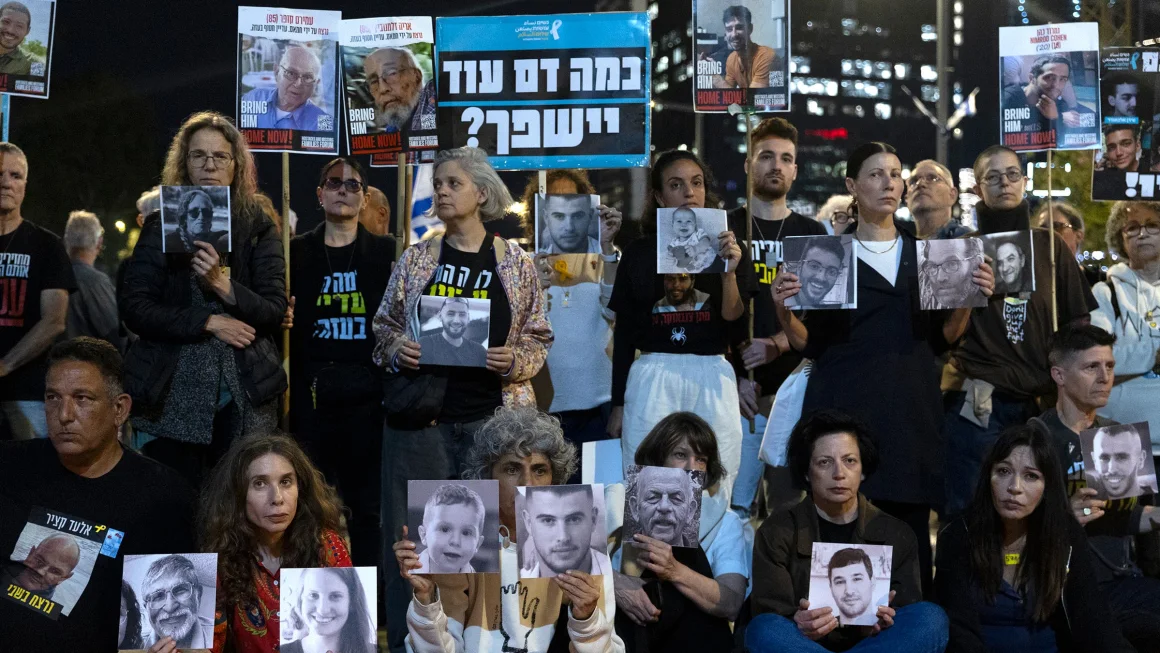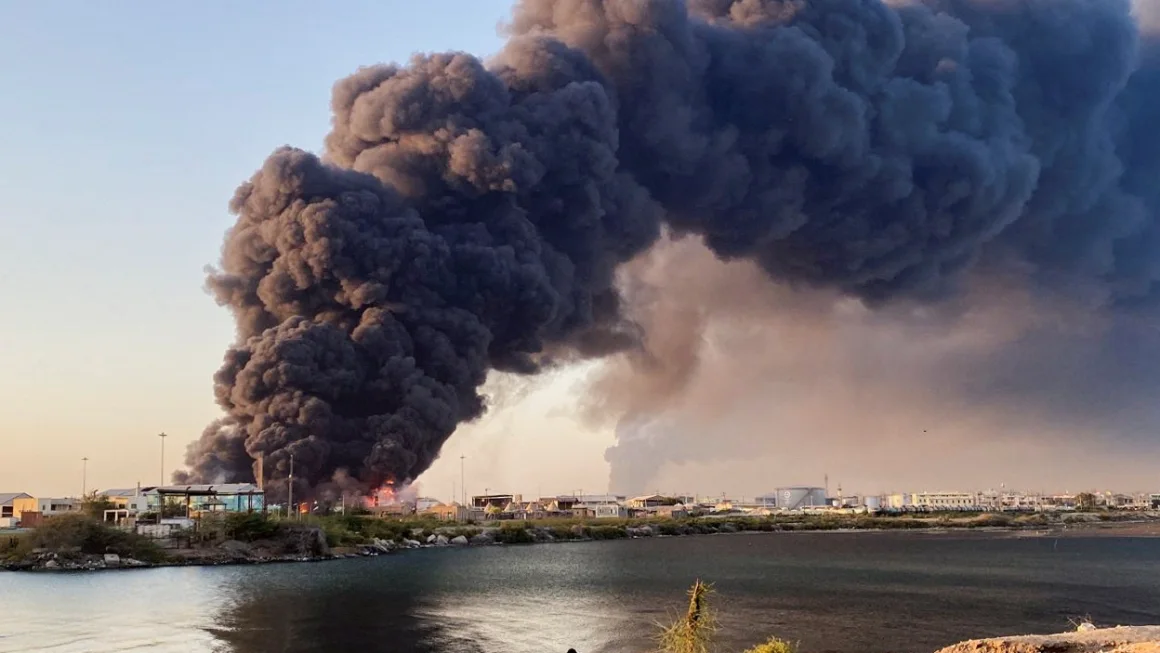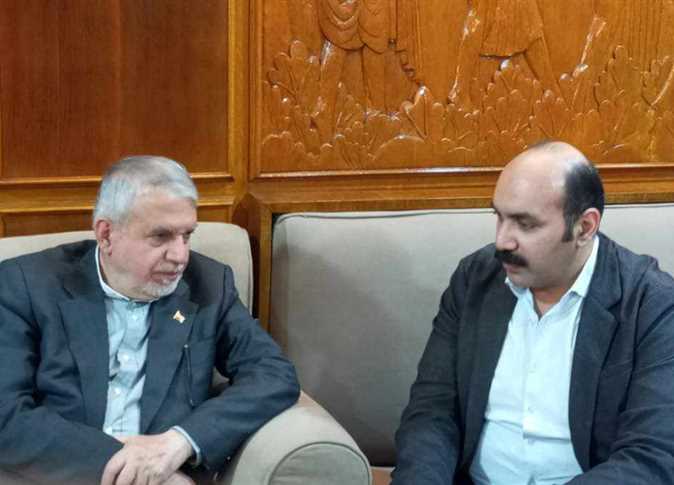Millions of Palestinians are trapped in Rafah. As Israeli troops approach, there’s nowhere left to run
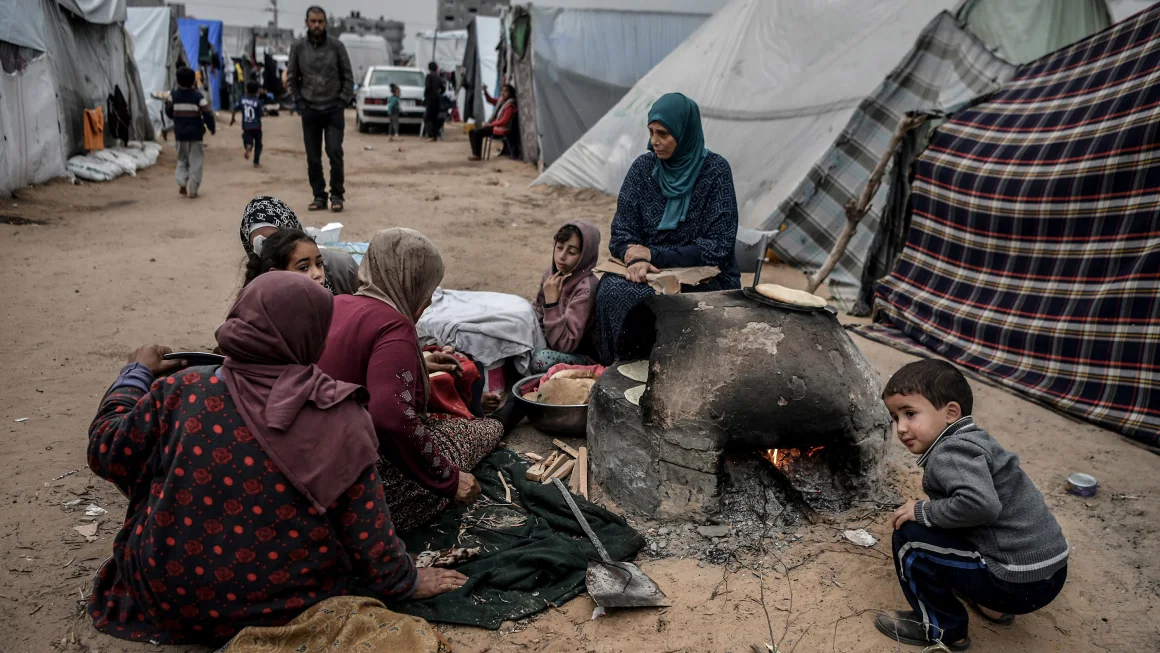
Displaced Palestinians crowded into tents in Rafah are waiting with dread for an anticipated Israeli ground assault on the city – with nowhere left to flee once troops move in.
One million people are estimated to be crammed into a tent city in the southern Gaza location, with satellite images showing that the makeshift shelter is rapidly expanding.
Others are packed into houses in the city, where rocket attacks are already commonplace.
“We hear (drones) very, very loud, and we hear the sounds of bombing at night,” Kareem Dahman, a displaced Palestinian in the city, told CNN. The most recent bombing was “very close” to where Dahman lives, with more than a dozen family members in a single room of a friend’s house, he said.
He said conditions in Rafah are “very difficult,” describing a “large number of people, chaos, and high prices.”
Dahman, like countless others, found himself in the city after a “very arduous” journey through the besieged enclave. Rafah was the last refuge for Palestinians trekking south to avoid Israel’s air and ground campaigns, following orders from Israel Defense Forces (IDF) officials for Palestinians to leave Gaza City, and then Khan Younis, as their ground campaign moved further south.
Rafah has experienced aerial assaults from Israeli forces for months, but the new anticipated ground campaign brings with it heightened fears of a bloodbath.
Those trapped in the city have no remaining escape route. The city borders Egypt, and the crossing into that country has been closed for months.
“We were buying some supplies from a small grocery store. The last time we bought from it was yesterday,” Dahman told CNN. “In the morning, we went to buy things and found it had been bombed.”
“The bombing is getting closer slowly in Rafah,” he said. “We do not know where we will go after Rafah.”
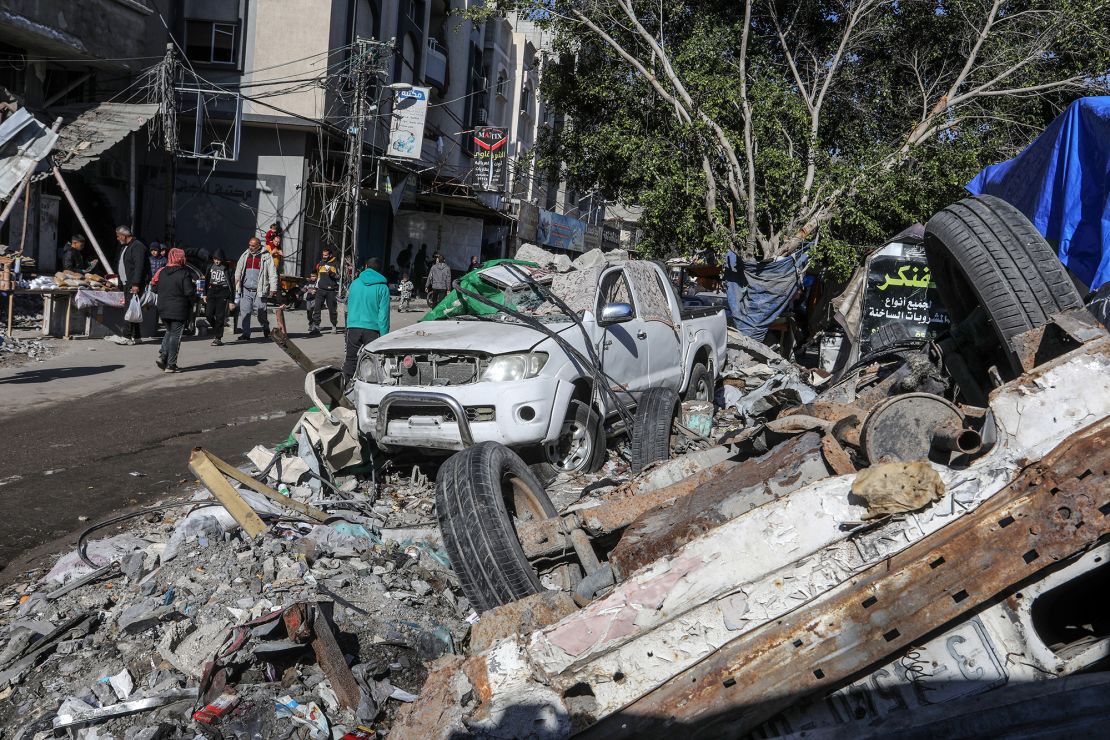
‘Everyone is afraid’
Israeli leaders have set their sights on Rafah in recent days, claiming the city is the last remaining Hamas stronghold and that the militant group’s leadership, including Gaza leader Yahya Sinwar, is “on the run.”
Israeli Defense Minister Yoav Gallant on Monday said the military would “soon achieve its goals” as it pushed into Rafah.
Gallant claimed in a televised briefing that Sinwar had no contact with his fighters and was forced to flee from one hideout to another with the IDF in close pursuit. “He is not leading the forces; he is busy with his own personal survival. He became, instead of the head of Hamas, a fugitive terrorist,” Gallant said.
But the top commander in charge of Israel’s military operation in southern Gaza has said that there is no plan in place yet for how to minimize civilian deaths in Rafah.
Brig. Gen. Dan Goldfuss, who oversees the Israel Defense Forces’ 98th Division, said on Sunday he would work on such a “if and when” he receives the order to maneuver his forces into the area, and that as of Sunday, the order had not been issued yet.
An IDF spokesperson told CNN that as of Wednesday, the information was still accurate – an order to move into Rafah has not been issued yet.
For the more than one million Palestinians in the southern city, the expected push into Rafah is causing alarm and fear.
“Everyone is afraid of the expanding of the ground operation in Rafah,” Raed Al-Nims, Media Director of the Palestinian Red Crescent Society in Gaza, said on Monday.
Ismail Al-Thawabta, the head of the Hamas-run Government Media Office in Gaza, told CNN on Monday that the IDF’s entry into Rafah “will cause a real disaster on top of the disasters to which the Gaza Strip is exposed.”
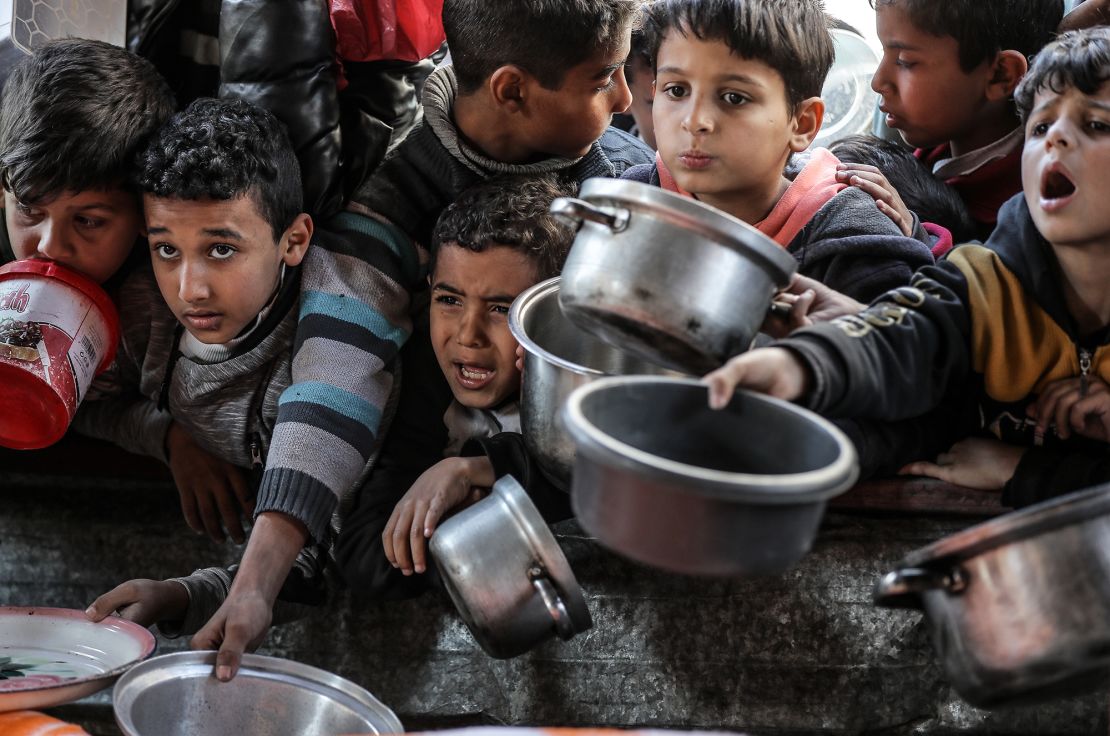
More than half of the estimated more than 2 million people in Gaza are seeking refuge in the Rafah area, according to the United Nations Office for the Coordination of Humanitarian Affairs (OCHA). OCHA said Monday that refugees facing acute shortages of food, water, shelter and medicine are still pouring into Rafah as fighting worsens nearby.
“We buy food and drink on a daily basis, which are canned foods of beans and meat. Water is available but we need an hour to fill water from a water station,” Dahman told CNN.
“Electricity is almost non-existent,” he added, a fact which makes it difficult for Palestinians to see communications regarding the IDF’s approach. “We charge our phones using solar energy which is available at our friend’s house in Rafah,” he said. “There is no phone signal except on the Israeli and Egyptian networks.”
Dahman and his family left Gaza City in mid-October, days after Hamas’ October 7 attacks on Israel sparked an IDF bombardment on the city. In November, they went to Khan Younis, before again being uprooted in December and heading to Rafah.
A similar journey was made by Youssef Abu Kwaik, a 23-year-old displaced Palestinian who left Khan Younis for Rafah around three months ago.
“We live in tents in the Mawasi area of Rafah. Our number exceeds 20 people,” he told CNN. Food and drink is hard to come by, “and if they are available, they are at very expensive prices,” he said.
“As for medical supplies, they are completely non-existent,” he added.
The UN’s humanitarian office has issued regular warnings about the situation on the ground, calling the city a “pressure cooker” last week.
“In recent days, thousands of Palestinians have continued to flee to the south, which is already hosting over half the Gaza’s population of some 2.3 million people. Most are living in makeshift structures, tents or out in the open,” a spokesperson for the UN Office for the Coordination of Humanitarian Affairs (OCHA), Jens Laerke, told a media briefing.
“Rafah is a pressure cooker of despair, and we fear for what comes next,” he said.
CNN’s Richard Greene, Lauren Izso, Niamh Kennedy and Gianluca Mezzofiore contributed reporting.
The post Millions of Palestinians are trapped in Rafah. As Israeli troops approach, there’s nowhere left to run appeared first on Egypt Independent.
What's Your Reaction?
 Like
0
Like
0
 Dislike
0
Dislike
0
 Love
0
Love
0
 Funny
0
Funny
0
 Angry
0
Angry
0
 Sad
0
Sad
0
 Wow
0
Wow
0





